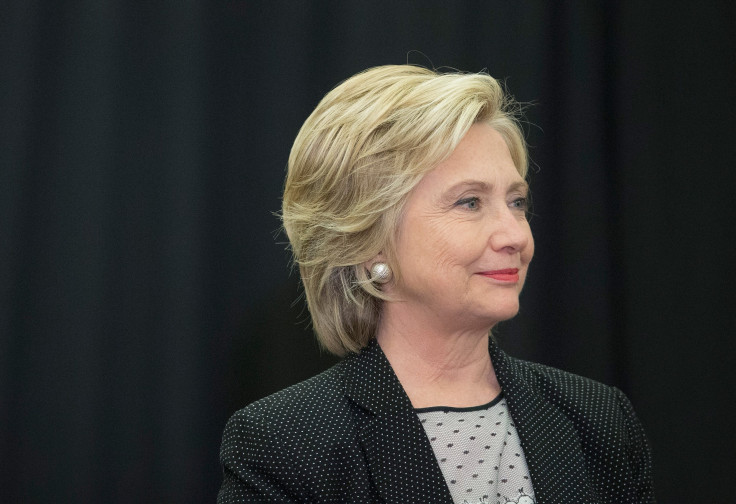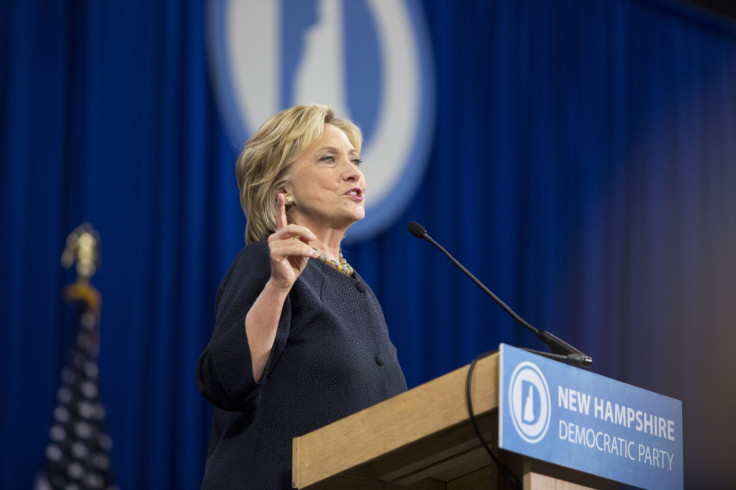Election 2016: Hillary Clinton Flip Flops On Trade Agreements; TPP, NAFTA, Colombia

Democratic presidential candidate Hillary Clinton reversed her position on the Trans-Pacific Partnership (TPP) on Wednesday, announcing that she now opposes the deal, CNN reported. Her statement was in sharp contrast to her previous position on the deal during her tenure as U.S. secretary of state [2009-13], during which she advocated for the TPP 45 times.
Clinton is no stranger to flip-flopping on trade agreements. In the past she has switched her stance on the North American Free Trade Agreement (NAFTA) and the Colombia Free Trade Agreement several times.
In a split from the Obama administration Wednesday, Clinton said in a PBS interview in Iowa, “As of today, I am not in favor of what I have learned about it.” She cited currency manipulation enforcement, benefits for pharmaceutical companies and the potential impact on American workers as reasons why she decided to oppose the TPP. Wednesday’s interview with Judy Woodruff of PBS NewsHour was the first time Clinton made her reversal public, but had hinted over the summer that she was starting to worry about the deal.
"There are some specifics in there that could and should be changed," Clinton said in June, CNN reported. "So I am hoping that's what happens now. Let's take the lemons and turn it into lemonade."

Flip-flopping on trade agreements has started to become a pattern for Clinton. Three years after her husband, former U.S. President Bill Clinton, signed NAFTA into law in 1993 -- loosening trade rules with Canada and Mexico -- Clinton said in 1996, “I think everybody is in favor of free and fair trade. I think NAFTA is proving its worth,” according to National Public Radio.
She soon changed her tune, however, and was quoted in March 2000 as saying, “What happened to NAFTA, I think, was we inherited an agreement that we didn’t get everything we should have got out of it, in my opinion. I think the NAFTA agreement was flawed. The problem is we have to go back and figure out how we are going to fix that,” according to NPR. She continued to campaign against it in 2008, when she was a U.S. senator from New York and was seeking the presidency for the first time.
Clinton also switched her stance on the Colombia Free Trade Agreement. As a presidential candidate in 2008, Clinton vocally opposed the deal as a bad one for labor rights.
“As I have said for months, I opposed the deal,” Clinton said about the Colombia accord, the Los Angeles Times reported. “I have spoken out against the deal, I will vote against the deal and I will do everything I can to urge the Congress to reject the Colombia Free Trade Agreement.”
Since then, Clinton has abruptly switched her stance on the deal and has promoted it, calling it in 2010, “strongly in the interests of both Colombia and the United States."
© Copyright IBTimes 2024. All rights reserved.












